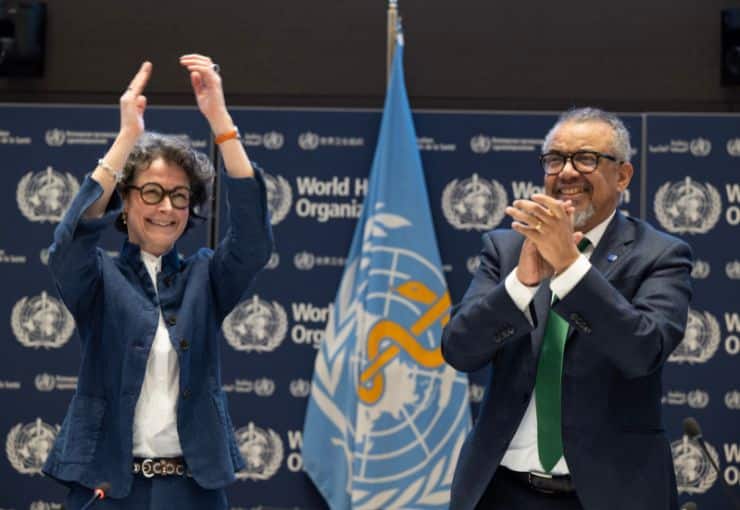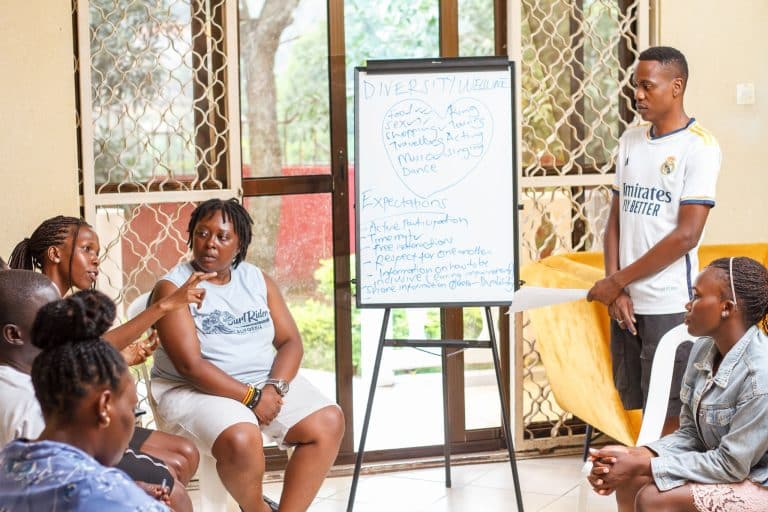Mariëlle Bemelmans
As the Covid-19 was starting to make its way around the world, just having started in China and the first cases appearing in Thailand, there never was a better time to speak about universal health coverage (UHC) and how to accelerate progress towards achieving this everywhere in the world. The Prince Mahidol Award Conference (PMAC), an annual global gathering focusing on policy-related health issues that took place in Bangkok on Jan 28-Feb 2, facilitated this discussion, focussing on ‘Accelerating Progress Towards Universal Health Coverage’. Director Mariëlle Bemelmans was invited to participate as a panellist in the session ‘Making and Using (Fiscal) Space for UHC’. In her blog she tells about her experience and our ideas on how fiscal space should be used to bridge the still very large funding gap for achieving the world-wide health targets of the Sustainable Development Goals (SDG).
While during the conference there was consensus that public funding is essential to achieve Universal Health Coverage (UHC), and recognition that more attention has been put on Domestic Resource Mobilisation, in her presentation, Mariëlle emphasised the magnitude of the SDG funding gap, and stated that Domestic Resource Mobilisation only will not be enough to realise the SDGs by 2030. She pointed out the need for alternative avenues to expand fiscal space for health and claimed civil society has an important role to explore these: “It is not only up to the health sector; cross-sectoral advocacy, as well as global level advocacy is needed to move from commitment to action on UHC.”




